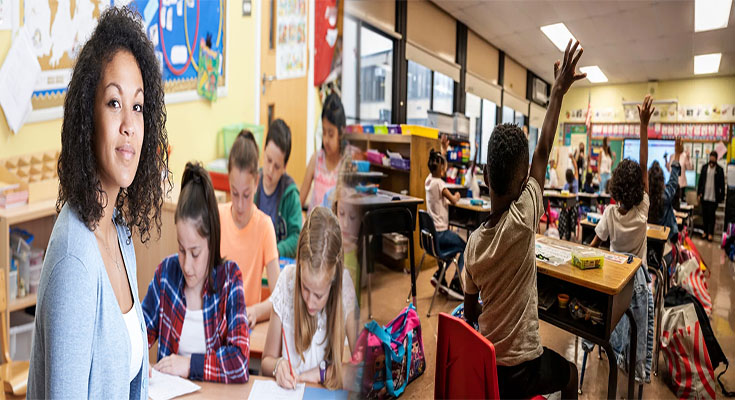
Day-to-Day Responsibilities and Challenges Faced by Special Education Teachers
Special education teachers play a vital role in providing individualized instruction and support to students with diverse learning needs and abilities. Their day-to-day responsibilities are multifaceted, involving a range of tasks and challenges as they work to educate and empower students with disabilities. Here, we delve into the day-to-day responsibilities and challenges faced by special education teachers:
Day-to-Day Responsibilities:
- Individualized Instruction: Special education teachers design and implement individualized education plans (IEPs) for each student with a disability, tailoring instruction to meet their specific needs and goals.
- Collaboration with Support Staff: Special education teachers work closely with paraprofessionals, therapists, and other support staff to ensure that students receive the necessary accommodations and services outlined in their IEPs.
- Assessment and Progress Monitoring: Special education teachers assess student progress, conduct evaluations, and monitor growth to track academic and social-emotional development.
- Behavior Management: Special education teachers develop behavior intervention


